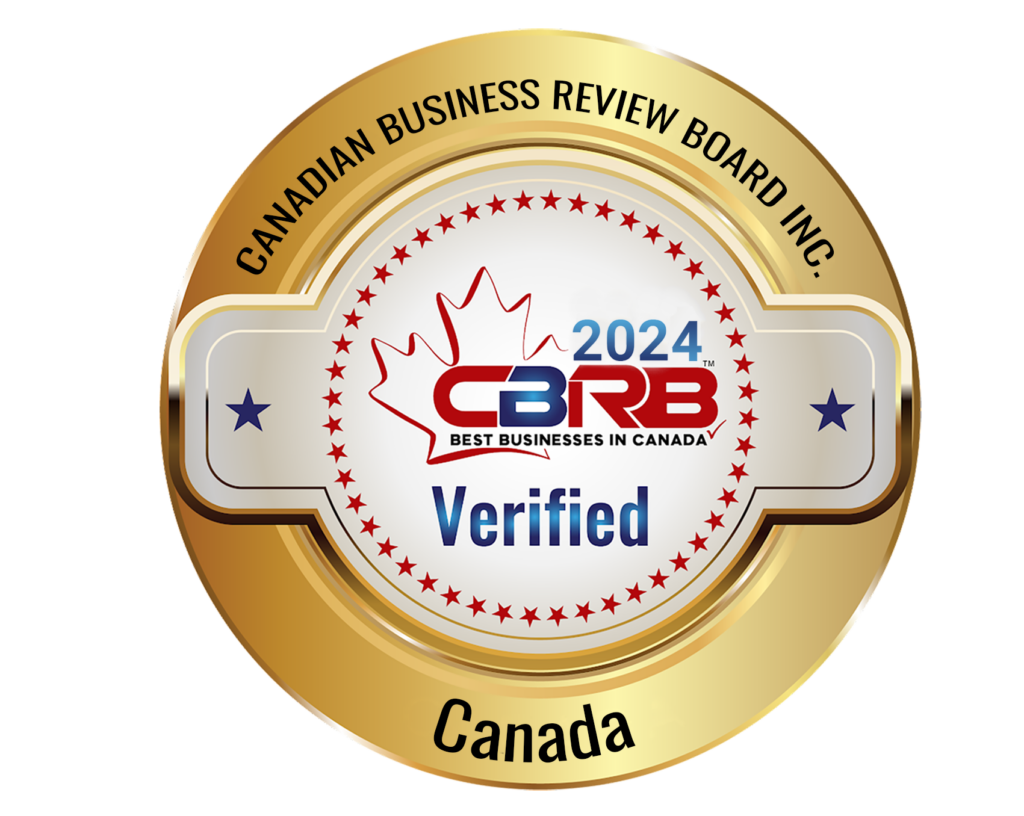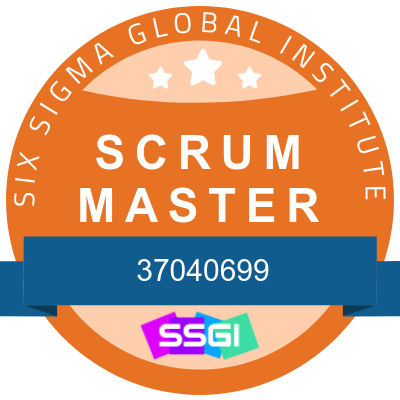In today’s fast-paced business world, agility is no longer just an advantage—it’s a necessity. This is especially true in marketing, where the ability to adapt quickly to market changes, customer needs, and emerging trends can make the difference between success and stagnation. Agile marketing, based on the principles of agile project management, is essential for healthcare businesses aiming for successful launches and sustainable growth.
In this blog, we’ll explore the role of agile marketing in both launching a healthcare business and fueling its growth, while highlighting how healthcare businesses can implement these principles to stay competitive and thrive in the long term.
1. Introduction to Agile Marketing
Agile marketing is a tactical marketing approach in which teams focus on delivering value quickly, iterating on campaigns based on real-time feedback, and responding to changes in the market. It’s based on agile project management, a methodology initially developed for software development, but adapted to fit the needs of fast-moving marketing environments. This approach encourages collaboration, experimentation, and flexibility, ultimately leading to more effective and efficient marketing strategies. By continually refining and optimizing their tactics, healthcare businesses can drive sustainable growth and achieve long-term success in today’s competitive landscape.
Key Principles of Agile Marketing:
- Customer-Centric Focus: Centering marketing efforts around the customer’s needs and feedback. For example, a company may use customer feedback to adjust their messaging and targeting in real-time, resulting in higher engagement and conversion rates. By forming cross-functional teams that work closely together, businesses can streamline communication and decision-making processes, leading to faster campaign execution and better results.
- Rapid Iteration: Launching small campaigns or tests quickly, learning from the results, and iterating. In a rapid iteration approach, a company may launch multiple small ad campaigns on different platforms simultaneously to determine which one resonates best with their target audience. They can then quickly adjust their strategy based on the data collected, ensuring that they are constantly optimizing their marketing efforts for maximum effectiveness.
- Cross-Functional Teams: Bringing together members from various departments to collaborate and improve efficiency. For example, a cross-functional team consisting of marketing, sales, and product development professionals may work together to launch a new product. By collaborating and sharing insights from their respective areas of expertise, they can ensure that the product is marketed effectively, meets customer needs, and is successfully sold in the market. This collaborative approach can lead to quicker decision-making and a more streamlined process overall.
- Data-Driven Decisions: Utilizing analytics to make informed, real-time adjustments to campaigns. For example, a company practicing agile marketing may launch a small social media campaign targeting a specific audience segment, analyze the engagement and conversion metrics in real-time, and quickly make adjustments to optimize performance. By using data-driven decisions and cross-functional teams, they are able to continuously improve their marketing efforts based on customer feedback and market trends, leading to more effective campaigns with higher ROI.
Traditional marketing, by contrast, often involves long-term, rigid campaigns that are set in stone months ahead. Agile marketing is highly adaptable, enabling changes and improvements based on emerging information.
2. The Role of Agile Marketing in Healthcare Business Launch
When launching a business, there is little room for error. Initial campaigns must connect with your target audience and deliver quick results to validate your product or service. Agile marketing can be a powerful ally during this critical phase.
Why Agile Marketing for a Healthcare Business Launch?
- Speed to Market: Agile marketing allows businesses to roll out marketing campaigns quickly, so they can capitalize on market opportunities and early adopters.
- Test and Learn Approach: Rather than committing to a single, large-scale marketing initiative, businesses can test small variations of their campaigns (e.g., different headlines, visuals, and offers) to see what works best before scaling.
- Customer Insights: Startups and new businesses can gather feedback from early customers and rapidly adjust their messaging, branding, or even their product based on this feedback.For example, a healthtech startup launching a new fitness app might initially focus on a limited audience and run various ads targeting different fitness interests. By iterating based on performance data, the team can fine-tune their messaging to maximize engagement.
3. Agile Frameworks for Marketing in Healthcare
Agile marketing relies on specific frameworks that help healthcare teams stay organized and productive. Common frameworks in agile marketing are Scrum, Kanban, and Lean. Let’s explore each:
Scrum:
- In Scrum, work is done in short, time-boxed iterations called “sprints,” typically lasting 2-4 weeks.
- Teams meet daily in “stand-up” meetings to discuss progress and obstacles.
- At the end of each sprint, teams review performance and adjust their strategy.
Kanban:
- Kanban visualizes tasks on a board, with columns representing stages of work (e.g., “To Do,” “In Progress,” “Done”).
- Teams work on tasks one at a time, aiming to complete each task before starting another, fostering focus.
Lean:
- Lean emphasizes eliminating waste in processes to improve efficiency.
- It encourages continuous improvement through incremental changes.
Choosing the Right Framework:
- Healthcare startups launching a business might benefit from Scrum’s iterative structure, while a more established healthcare business focused on steady growth could prefer the flexibility of Kanban or Lean. The decision depends on the specific needs and workflow of the healthcare team.
4. Agile Marketing in Healthcare Business Growth
As a healthcare business grows, its marketing efforts must evolve. Agile marketing is especially valuable during this phase as it enables continuous improvement and adaptation to evolving market conditions, customer preferences, and business objectives.
How Agile Marketing Supports Growth:
- Scalability: Agile marketing makes it easy to scale campaigns. Healthcare businesses can build on successful initiatives, adjusting them to fit larger or more diverse audiences. For example, a small Physiotherapy office may start with targeted social media campaigns to drive traffic to their website. As the business grows, they can use agile marketing principles to quickly pivot and expand their campaigns to include email marketing, influencer partnerships, and SEO strategies to reach a wider audience. This scalability allows the physiotherapy business to adapt and grow without being limited by rigid marketing plans.
- Alignment with Business Goals: Agile marketing fosters collaboration between marketing, sales, and product development teams, ensuring that marketing efforts are aligned with long-term business objectives. For example, a dental business may initially focus on running targeted Facebook ads to attract new clients to their clinic. As they see success and want to reach a larger audience, they can easily shift their strategy to include partnerships with fitness influencers who can promote their services to a wider demographic. By staying agile and aligning their marketing efforts with their overall business goals, the physiotherapy business can continue to grow and expand their reach effectively.
- Data-Driven Expansion: As the business grows, agile marketing allows for the real-time analysis of data, which in turn informs decisions about where to allocate marketing resources for maximum impact. For example, a physiotherapy clinic may notice through data analysis that a particular social media platform is driving the most client referrals. They can then adjust their marketing strategy to focus more resources on that platform, leading to increased visibility and client acquisition. By leveraging data-driven insights and remaining flexible in their approach, the clinic can continue to grow and attract new clients effectively. For example, a healthcare business expanding into new regions can use agile marketing to test campaigns in each region, gathering feedback and adjusting their approach based on local preferences and behaviors.
5. Iterative Campaigns and Customer Feedback Loops
Agile marketing excels in a test-learn-iterate cycle. Instead of launching large, fixed campaigns, teams launch smaller iterations and gather feedback. This iterative process allows for constant improvement.
Importance of Iteration:
- Iterative campaigns reduce the risk of failure by allowing teams to test ideas on a small scale before investing in a larger rollout.
- Each iteration offers the opportunity to gather insights and pivot as needed.
Customer Feedback Loops:
- By actively gathering feedback from customers throughout each campaign, businesses can improve their messaging and tailor their offerings to align better with customer requirements.
- This feedback loop guarantees that marketing efforts stay aligned with customer expectations, enhancing engagement and fostering loyalty.
6. Cross-Functional Collaboration in Agile Marketing
Agile marketing emphasizes collaboration between departments, breaking down the traditional silos that can hinder growth and innovation.
Building Agile Teams:
- An agile marketing team typically includes members from digital marketing, business development, social media experts, and data analytics. This cross-functional collaboration fosters a more holistic marketing approach, ensuring that campaigns are aligned with overall business objectives.
Effective Communication:
- Agile teams rely on frequent communication, often holding daily stand-ups and regular retrospectives to assess what’s working and what isn’t. This open line of communication helps teams stay nimble and respond quickly to new information.
7. Adapting to Market Changes with Agile Marketing
One of the greatest advantages of agile marketing is its ability to adapt quickly to market changes. Whether it’s an unexpected industry shift, an economic downturn, or a new competitor entering the market, agile marketing enables businesses to pivot without losing momentum.
Examples of Agile Response:
- During the COVID-19 pandemic, many businesses quickly changed their marketing strategies to align with the evolving landscape. Agile businesses were able to pivot to digital offerings and adjust their messaging to reflect the changing needs and concerns of their customers.
- Companies using agile marketing can also capitalize on emerging trends more quickly than their competitors, giving them a significant edge in the marketplace.
8. Common Challenges and Solutions in Agile Marketing
As beneficial as agile marketing is, it’s not without its challenges. Here are a few common obstacles that healthcare businesses may face, along with solutions:
Resistance to Change:
- Some healthcare teams may be hesitant to adopt agile marketing due to a fear of the unknown or discomfort with changing their established workflows. To overcome this, healthcare businesses should provide training and communicate the benefits of agility to their healthcare teams.
Scope Creep:
- Agile healthcare teams must stay focused on their goals to avoid getting sidetracked by new ideas or changes. Establishing clear priorities and regularly reviewing progress can help prevent scope creep.
Measuring Success:
- Traditional marketing often relies on long-term metrics, which may not align with agile’s short-term focus. To address this, agile teams should set both short-term and long-term KPIs that can be tracked and adjusted over time.
Conclusion: The Future of Agile Marketing in Healthcare Business Growth
Agile marketing is more than just a trend—it’s a proven method for launching and growing a healthcare business in today’s dynamic landscape. Its ability to foster adaptability, encourage collaboration, and drive continuous improvement makes it an invaluable tool for businesses looking to stay competitive.
As digital marketing evolves, agile principles will be increasingly vital in helping businesses address the constantly changing requirements of their customers. By adopting agile marketing, companies can build a strong foundation for long-term growth and success.
By embracing agile marketing, businesses can move beyond traditional approaches and open the door to a future where flexibility, speed, and customer-centricity are the keys to lasting success.
Ready to take your business to the next level with agile marketing strategies? Contact Dana PharMed Agile Strategy and Business Management Consulting today to streamline your marketing, drive growth, and achieve lasting success. Let’s create a tailored plan that fits your unique business needs—reach out now for a free consultation!









